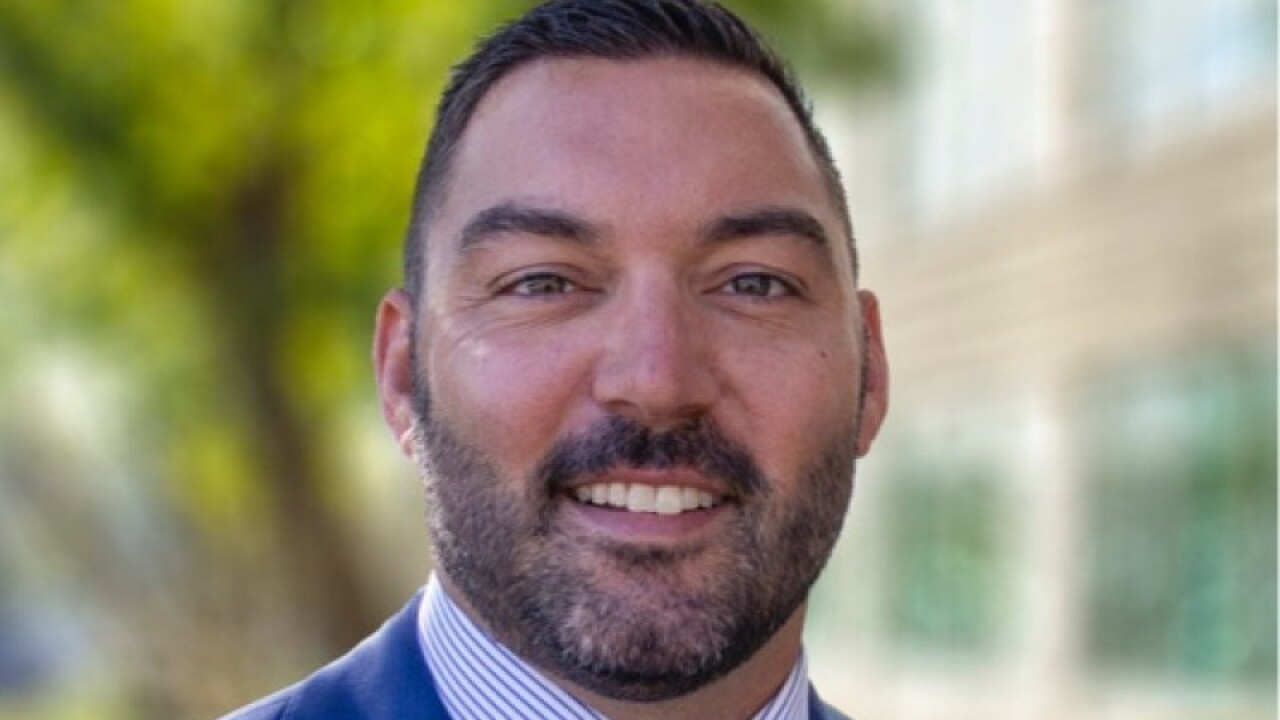Our daily roundup of retirement news your clients may be thinking about.
A study by Bankrate.com found that the income for retirees in Hawaii, Alaska, and South Carolina represents at least 70% of their pre-retirement earnings. Retirement income in the District of Columbia and the other 47 states is below the threshold, with retirees in Massachusetts replacing only 48% of their pre-retirement income, the study found. “That kind of drop-off is alarming,” says an analyst. – Money

The "do over", voluntary suspension and restricted application are among the strategies that seniors can use to adapt to new Social Security rules with regard to claiming their retirement benefits, according to MarketWatch. A claiming strategy for couples will prompt higher earner pay to defer his/her benefits, with the spouse with the lower salary getting an increase in benefits. A surviving spouse may start collecting his or her retirement benefit at age 62 and switch to survivor benefit when he or she reaches full retirement age if he or she gets the lower pay, but may start with the survivor benefit then shift to own retirement benefit if he or she receives the same income as his or her decedent spouse. – MarketWatch
A study by Pew Charitable Trusts shows that an employer-sponsored 401(k) retirement plan is not accessible to about 40% of full-time workers. The workers' access to the plan differs across the country, the study finds. "We need to have some sort of mechanism to encourage people to start saving. Policy nudges can make a difference," says an analyst. –Yahoo Finance
A retirement plan advisor shares the same competencies with a traditional financial advisor but focuses primarily on helping employers manage their retirement plans for their workers, writes an industry expert. A retirement plan advisor helps a company develop a retirement plan that suits its goals and specific needs. A good retirement plan will allow participants to maximize contributions and benefits, encourage workers to save for retirement by offering incentives, and make employer contributions to the plan in sync with company profitability, among others. – Forbes
Clients should take the 4% retirement withdrawal rule as an advice, not a as a rule, according to retirement experts. Retirees should tap their retirement assets at a rate based on their own financial circumstances and realities, the experts explain. When deciding on their withdrawal strategy, clients may start with the 4% rule but adjust the numbers accordingly. –The Motley Fool





